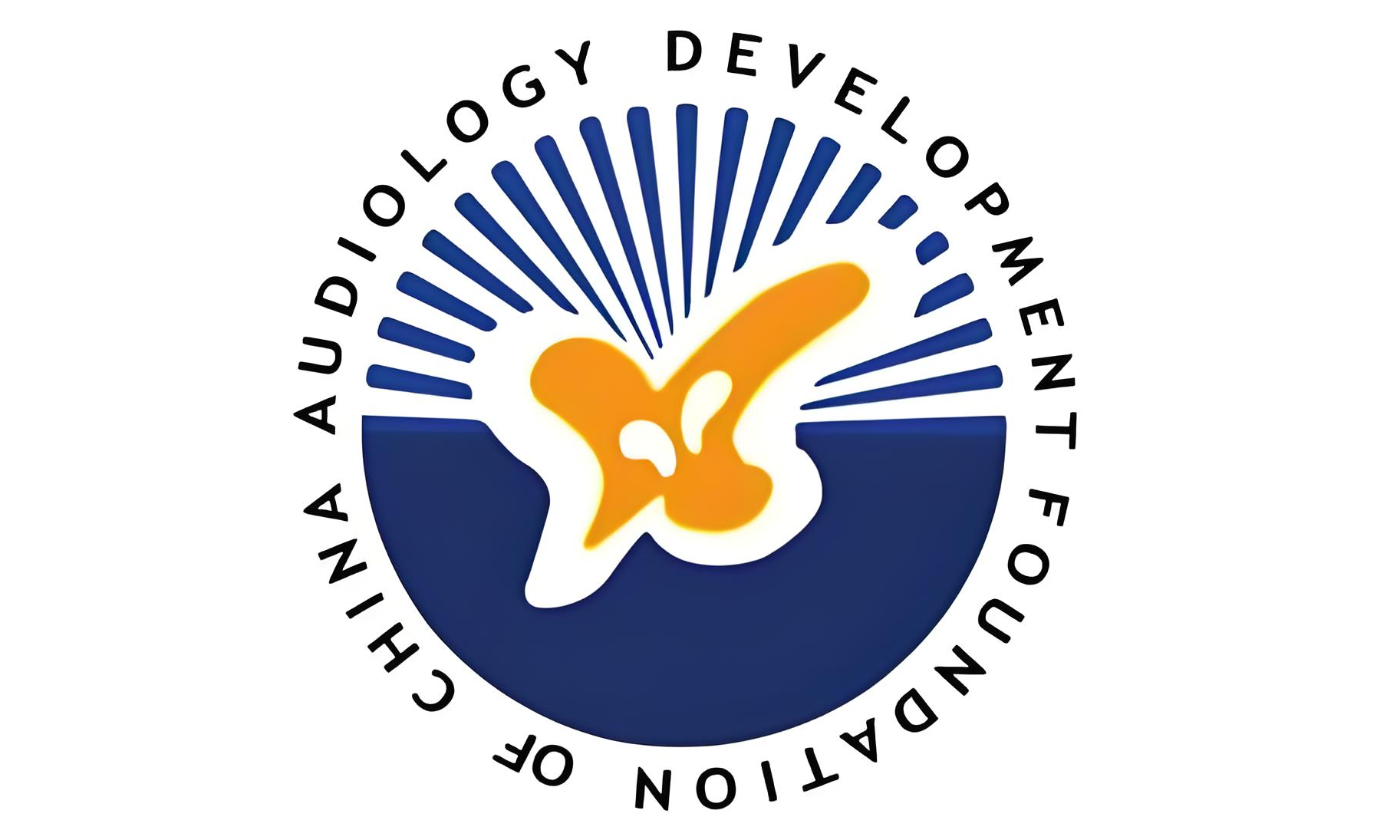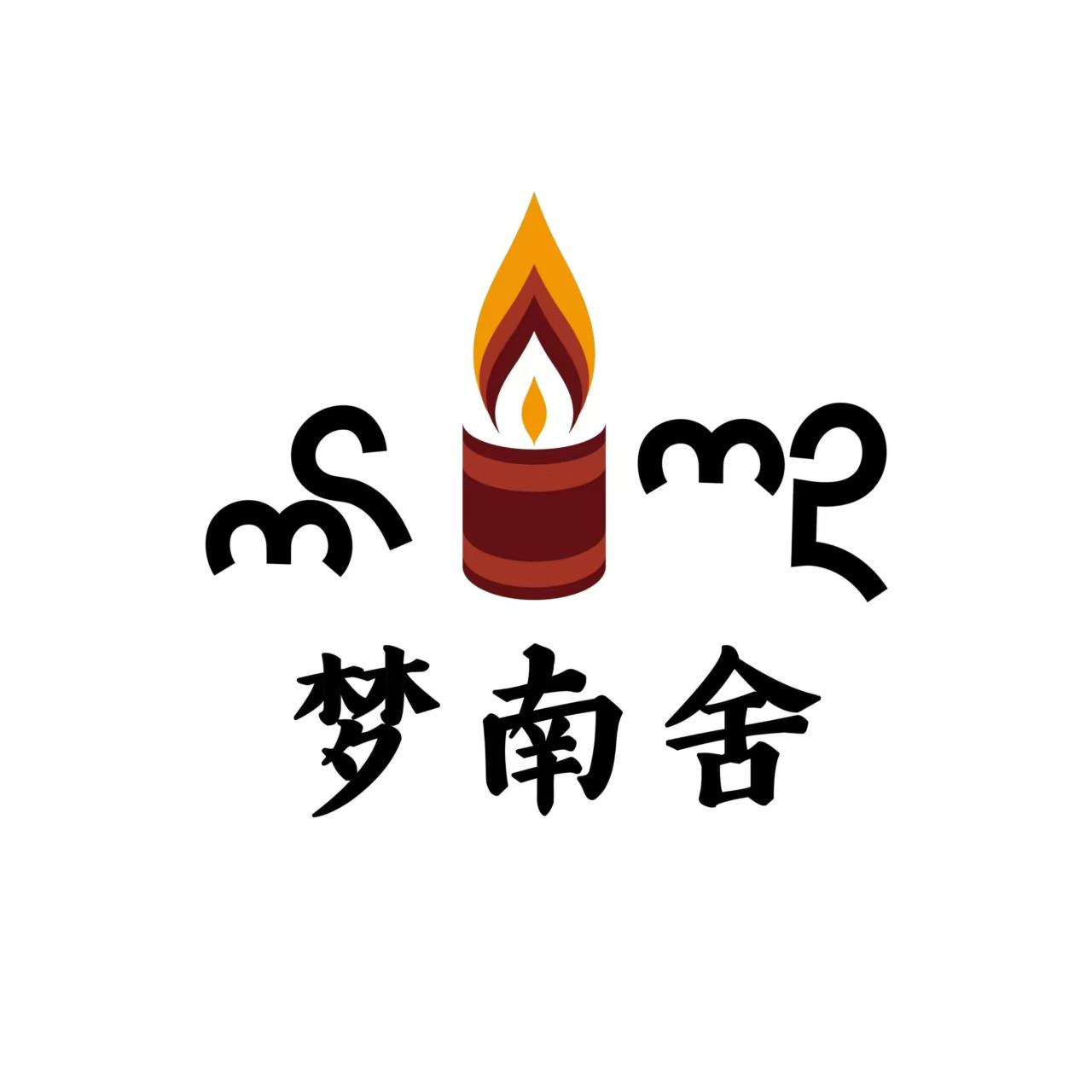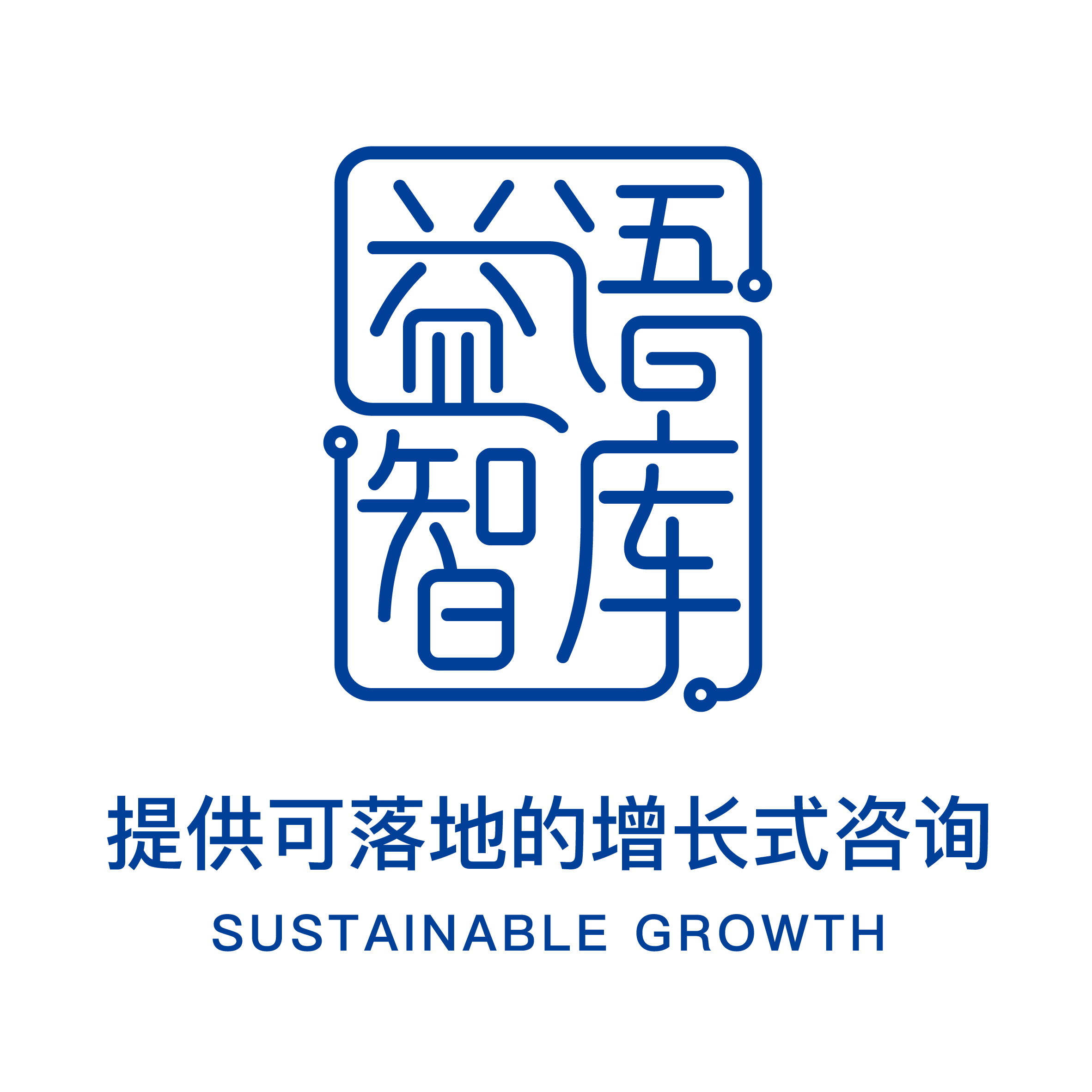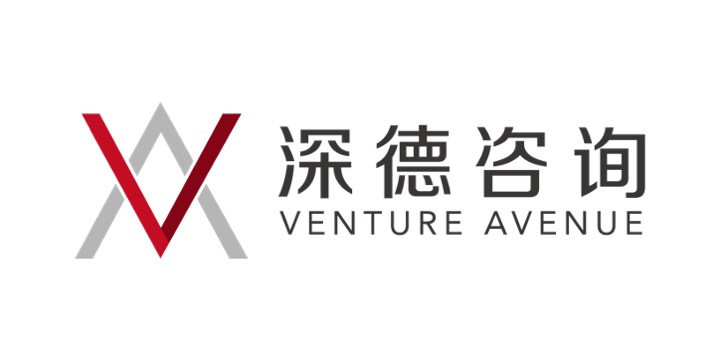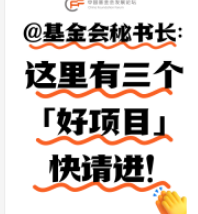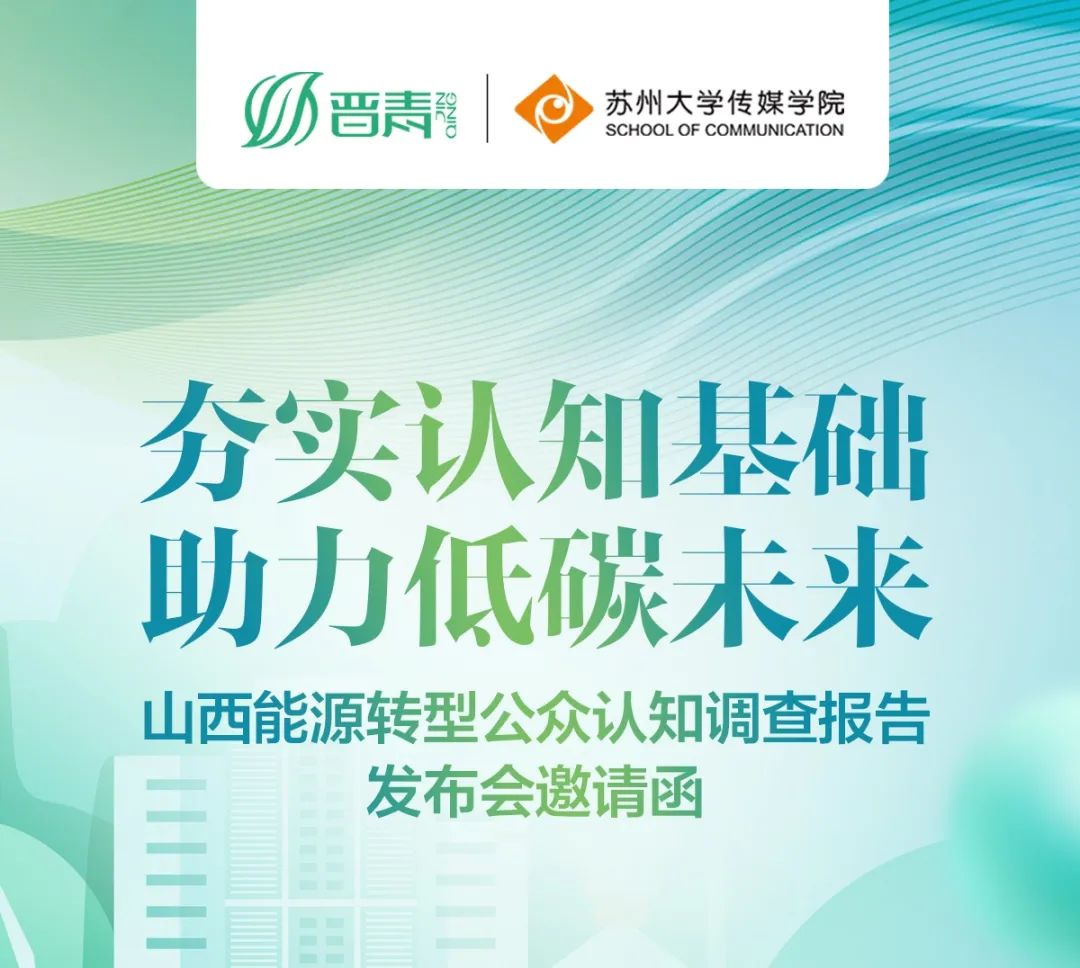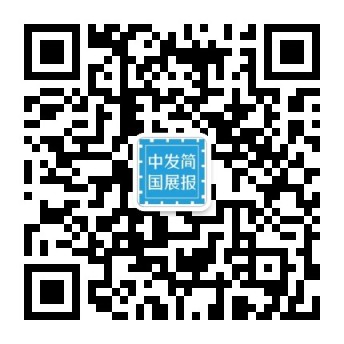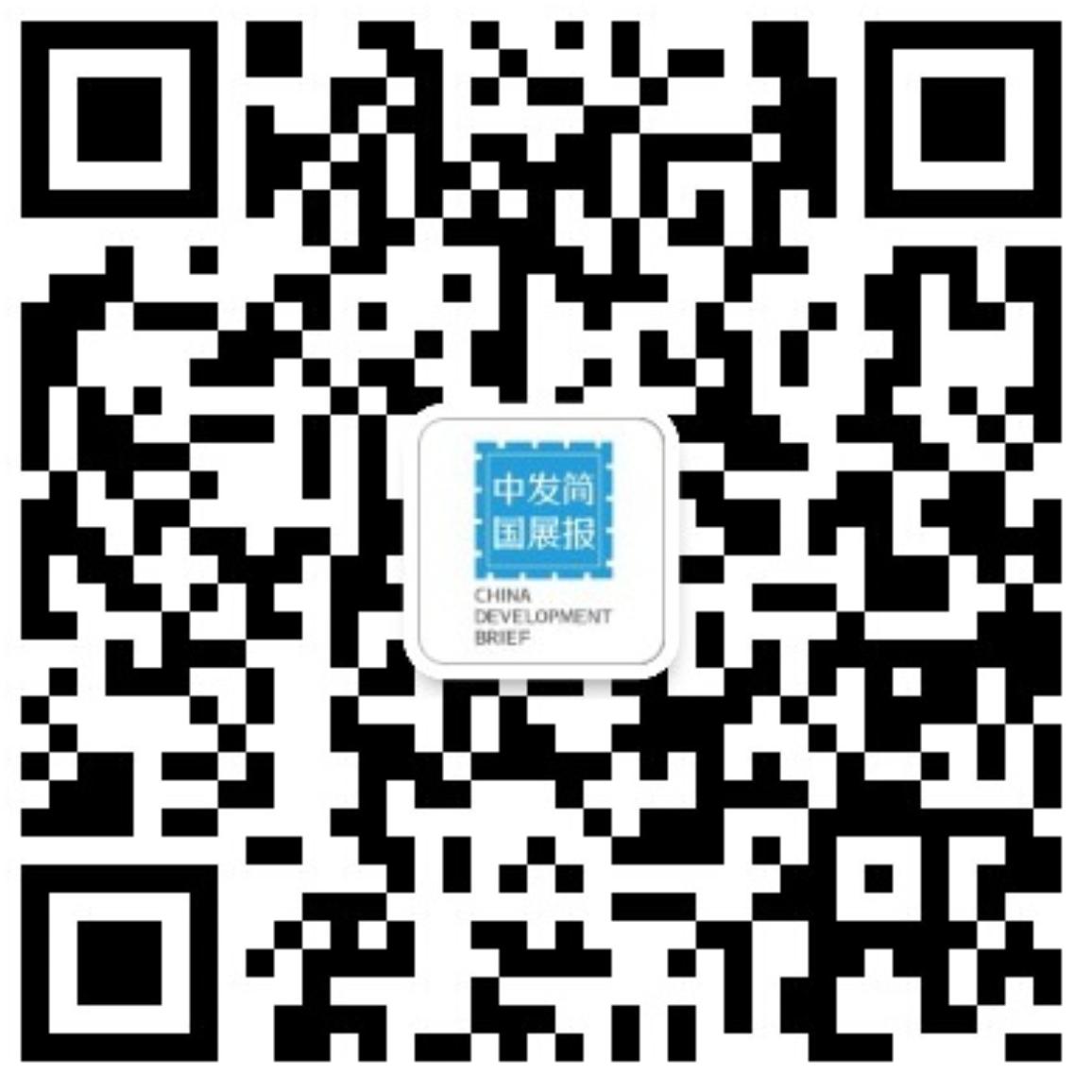 2023-04-28
2023-04-28
 481
4811. Background
Humanity & Inclusion (HI) is an independent and impartial aid organization working in situations of poverty and exclusion, conflict and disaster. We work alongside people with disabilities and individuals experiencing extreme hardship, taking action and bearing witness in order to respond to their essential needs, improve their living conditions and promote respect for their dignity and fundamental rights.
HI runs more than 400 projects in 60 countries in South America, Africa and Asia. In China, HI has been working with government and civil society organizations since 1998, promoting the socio-economic inclusion of people with disabilities.
Promoting Inclusive Work Environment and Rights (PIWER) is a 36-month project (26 June 2020-31 July 2023) funded by the U.S. Bureau of Democracy, Human Rights and Labour (DRL) and implemented by HI in partnership with Beijing PEER Social Work Development Center (a branch of the Able Development Institute) in Hunan, Anhui, Liaoning, Shaanxi and Beijing Provinces with a total budget of USD 1,300,000.
The project aims at improving equal employment rights for people with disabilities, in accordance with Article 27 of the CRPD and relevant domestic policies and laws in China and is designed around three strategic objectives:
1. Through training and coaching, CSOs and people with disabilities contribute to the promotion and protection of the employment rights of people with disabilities.
2. Targeted employers have increased willingness and know-how to employ people with disabilities, by engaging with CSOs to identify and overcome barriers that limit or prevent employment of people with disabilities.
3. Authorities from the 5 targeted provinces hold employers and duty bearers accountable to rights obligations related to equal employment of people with disabilities through multi-stakeholder platforms which will improve dialogue between authorities, employers and rights holders.
Expected results and indicators
Expected Result One: 20 staff (at least 50% people with disabilities) of 10 targeted CSOs (at least 5 self-identify as DPOs) will have improved capacities to engage with employers and implement effective awareness raising and advocacy campaigns;
Expected Result Two: 50 senior management staff of 20 targeted enterprises will have improved capacities to take actions to provide equal employment opportunities for people with disabilities; 500 enterprise employees will receive information concerning the situation and rights of people with disabilities; and 1,000 people with disabilities will successfully gain wage employment as a result of the project.
Expected Result Three: 1 inclusive employment manual for employers, 1 employer consultation process manual for CSOs, the documentation of good practices and policy proposals to contribute to improved dialogue with key duty bearers and stakeholders.
Based on HI’s internal Project Quality Policy (PQR), an internal mid-term evaluation of the project was conducted during the Q4 of 2022. This assessment will serve as the final external evaluation and will be carried out through a participatory process, involving HI and its implementing partner PEER to ensure their active engagement and ownership of the evaluation process.
The COVID-19 pandemic occurred concurrently with the project launch and had a significant impact on the project implementation. Identification of lessons learned and good practices is currently ongoing and can be used as resources for the consultant.
The evaluation conclusions and recommendations are primarily intended for the project team, which includes HI staff, partner staff, and partner board members. The findings will also be shared within HI to assist in decision-making, capitalizing on the experience and building upon it. Additionally, the evaluation report will be submitted to the project funding agency, DRL, as part of the contractual obligation and accountability.
2. Objective of the Consultancy
The objective of the consultancy is to carry out the final evaluation of the Promoting Inclusive Work Environment and Rights (PIWER) project and provide an independent assessment of the level of achievement of the indicators, outputs, outcomes and impact of the intervention.
The evaluation at HI aims to ensure quality, learning and accountability. It should be conducted according to the criteria and approaches outlined in HI’s Project Quality Framework (HInside - PosterQualityFrameworkHI PQP EN ).
The evaluation will be conducted in light of the COVID-19 context, considering any impacts that the pandemic may have had on the project’s implementation and outcomes, as well as any adaptations made by the project team in response to the situation.
Recommendations from the evaluation should be based on evidence, strongly linked to the evaluation findings and provide clear strategic-level guidance to HI and PEER on how to address them and improve future programming.
More specifically, the consultant is expected to provide an analysis of the quality of the project based on the following criteria and evaluation questions:
Evaluation Criteria Evaluation Questions
3. Methodology
3.1 Collection method
The method of data collection will be determined by the evaluator. However, a mixed-method approach is highly recommended to complete a comprehensive assessment of the project’s evaluation criteria (above). It is recommended that the data collection methodology include the following:
• Review of the available internal reports of the project
• Individual interviews with senior staff from HI and implementing partners
• Individual interviews and/or focus group discussions with project target groups and key stakeholders (staff of regional hubs and local CSOs)
• Good case studies/success stories of beneficiaries: This will be conducted through a face-to-face interview (male and female).
The consultant is expected to provide a detailed methodology for the evaluation, which should include the following activities (but are not limited to):
HI will assist the consultant with logistics during the field visit, which includes arranging a workspace, scheduling meetings upon request, providing Chinese translation and interpretation support by an external translator, and offering local transportation. HI will also ensure that all relevant documents are up to date and easily accessible (in electronic form) by the evaluator from the first day of the contract (desk phase).
3.2 Actors involved in the evaluation
• A steering committee is comprised of a member of implementing partner, a Regional MEAL Manager, technical specialists, China Country Manager/Operations Coordinator and a project manager in China. 
4. Principles and Values
4.2 Ethical measures*
As part of each evaluation, HI is committed to upholding certain ethical measures. It is imperative that these measures are taken into account in the technical offer:
o Guarantee the safety of participants, partners and teams: the technical offer must specify the risk mitigation measures.
o Ensuring a person/community-centered approach: the technical offer must propose methods adapted to the needs of the target population (e.g. tools adapted for illiterate audiences / sign language / disability-friendly materials, etc.).
o Obtain the free and informed consent of the participants: the technical proposal must explain how the evaluator will obtain the free and informed consent and/or assent of the participants.
o Ensure the security of personal and sensitive data throughout the activity: the technical offer must propose measures for the protection of personal data.
*These measures may be adapted during the completion of the inception report.
5. Deliverables & Timeframe
5.1 Deliverables
The expected deliverables of the evaluation assignment are:
An inception report that includes a detailed evaluation methodology, workplan, and data collection tools. The report should also outline the evaluation criteria and questions and provide a detailed explanation of the sampling strategy. The inception report and tools should be validated by HI before starting the field phase.
A PowerPoint presentation outlining the preliminary findings, conclusions and recommendations. The presentation will be used to facilitate the debriefing workshop with the project team.
A final report (max. 25 pages) that presents the evaluation findings, conclusions, and recommendations. The report should be structured according to the evaluation questions and criteria, using HI’s template. The report should be written in clear and concise language and provide a detailed analysis of the data collected during the evaluation.
Raw data sets from the evaluation, including any qualitative and quantitative data, as well as copies of all documents and reports generated during the evaluation process.
An end-of-evaluation questionnaire that must be completed by the consultant and HI to outline their thoughts on the quality of the evaluation and its usefulness for future programming.
The consultant will provide all the deliverables in electronic format in English. The final evaluation report will remain the intellectual property of HI.
5.2. End-of-Evaluation Questionnaire
An end-of-evaluation questionnaire will be given to the evaluator and must be completed by him/her, a member of the Steering Committee and the person in charge of the evaluation.
5.3 Evaluation date and schedule
The evaluation consultancy is expected to last 20 working days, excluding days of in-between time required for HI’s feedback and validation of the inception report and evaluation report.
• The consultant is expected to be contracted by early June 2023.
• The field phase in China is scheduled to take place by the end of June 2023, and the evaluation visits will be planned in collaboration with the project team (HI and PEER) and subject to the activities planned for the proposed timeframe.
• The deadline for the submission of the draft evaluation report for feedback and comments from HI and PEER is July 10th, 2023.
• The final report, incorporating feedback and comments from HI and PEER, should be submitted by July 20th, 2023.
• A final debriefing session will be held with HI, during which the end-of-evaluation questionnaire will also be completed.
6. Resouces
6.1 Expertise requirement from the consultant(s)
The consultant must meet the following requirements:
• At least 5 years of relevant professional experience in the field of disability inclusion, economic development or related fields.
• Proven experience in conducting external project evaluations, including in qualitative and quantitate data collection and analysis.
• Experience working with CSOs, DPOs, the private sector and other stakeholders in the disability sector.
• Familiarity with disability rights and inclusion, including the UNCRPD and ILO GBDN, as well as the business case for engaging people with disabilities.
• Demonstrated knowledge of the Chinese context and cultural sensitivity.
• Excellent report writing skills in English.
• Availability to travel to China for the field phase.
6.2 Budget
The consultant should submit HI the financial proposal including very costs to produce the identified deliverable services (transportation, accommodation, personnel, translation, computer, printing questionnaires, specific tools/software, office materials…) and any applicable tax in the country (VAT or withholding tax).
The proposed payment modality is as follows:
• 25% upon signature of the service contract
• 25% after the validation of the inception report
• 50% after the receiving of all deliverables and validation of the final evaluation report.
If the consultant requests a different payment method, they must provide a justification for it in the proposal. Please note that no per diem will be paid to the consultant, and they will be responsible for their own security in all countries, HI will not cover any insurance fee during the consultancy period.
Please note that the final payment is conditional on the validation of the final evaluation report and not solely on its submission. Validation means ensuring that the report meets the quality standards as per the checklist attached above, and it is not based on the appreciation of the project evaluated.
7.3 Resources available to the evaluation team (data, document, etc.)
Before the consultancy, HI will provide the consultant with all requested project documents and data (as available).
7. Application Procedure
Proposals from interested consultant(s) must include the following documents (compulsory documents in English):
1. An Expression of Interest/cover letter, including how the skills and competencies described in the Terms of Reference are met.
2. A Curriculum Vitae detailing the consultant’s experience and qualifications to undertake the assignment.
3. A technical proposal outlining the proposed methodology and a tentative workplan.
4. A financial proposal in USD that includes the daily consultancy fee and associated costs (e.g. international flight ticket, airport transfers, accommodation and external translator fee during the field visit, etc.).
5. An example of an evaluation report previously produced by the consultant.

Evaluation of proposals will be made by a Selection Committee in two phases: - Administrative selection: The committee will first check for completeness of the application and verify that all compulsory items listed above are included. Incomplete applications will not be considered for technical selection.
- Technical selection: The best application will be selected based on the quality of the
technical proposal, the competitiveness of the financial proposal, the skills and
previous experiences of the consultant, and the demonstrated expertise of the
applicant to successfully undertake the assignment.
Only candidates who pass the administrative selection will be considered for the technical assessment. Shortlisted applicants may be invited for an online interview.
HI reserves the right to contact the applicants for additional information or clarification before
the final selection of the selection committee.
 表情
表情
 最热
最热
















